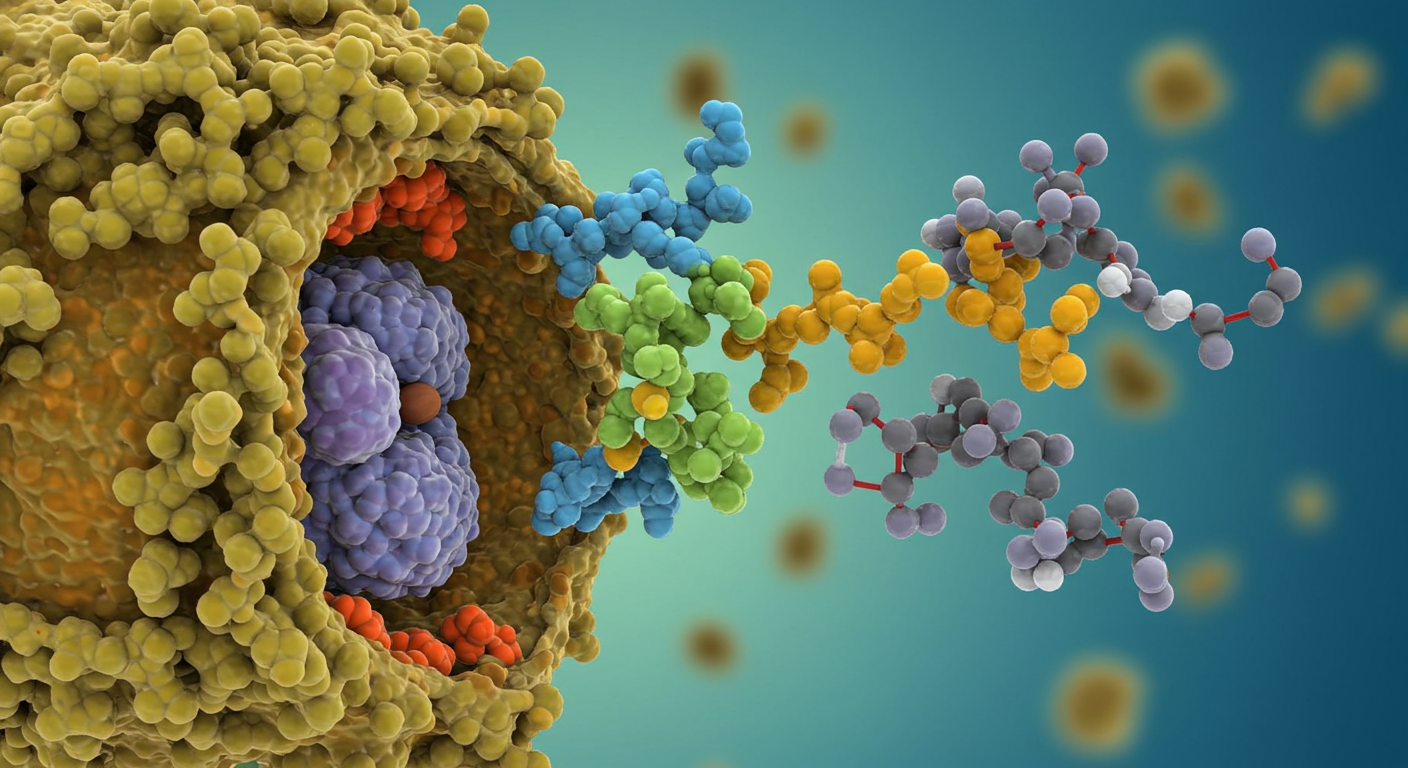Dr. Kumar’s Take:
This in-depth review highlights the powerful role vitamin D plays in our immune system. It’s not just about bones—vitamin D helps our body fight off infections and may even prevent autoimmune diseases like MS, type 1 diabetes, and lupus. The key mechanism? Vitamin D helps immune cells produce antimicrobial peptides like cathelicidin and regulates inflammatory T cells. If your vitamin D levels are low, you may be missing out on this important immune support.
Key Takeaways:
✔ Vitamin D boosts production of cathelicidin, a natural antibiotic made by immune cells.
✔ Vitamin D helps balance the immune system—fighting infections while preventing autoimmunity.
✔ Low vitamin D levels are linked to higher risk of MS, lupus, and type 1 diabetes.
Actionable Tip:
Get your 25(OH)D levels checked. Aim for at least 32 ng/mL—and possibly higher—to support your immune system and help reduce the risk of autoimmune conditions. Sunshine, food sources, or D3 supplements can help.
How Vitamin D Boosts the Immune System
Vitamin D helps immune cells like macrophages, neutrophils, and skin cells produce cathelicidin—a natural antimicrobial that fights bacteria, viruses, and fungi. This is part of your innate immune system, your first line of defense.
But vitamin D also supports your adaptive immune system. It tempers inflammatory T cells (Th1 and Th17) and boosts regulatory T cells that prevent autoimmune attacks.
Study Design:
This was a review paper synthesizing findings from multiple clinical trials, epidemiologic studies, in vitro experiments, and animal models. It examined vitamin D’s role in both innate and adaptive immunity, with a focus on its ability to increase antimicrobial peptides and modulate inflammation.
Results:
- Cathelicidin production: Vitamin D helps immune cells produce LL-37 (cathelicidin), which kills microbes at barrier sites like skin and lungs.
- Autoimmune regulation: Vitamin D shifts T cell responses from inflammatory (Th1, Th17) to regulatory (Treg, Th2), helping maintain self-tolerance.
- Vitamin D deficiency linked to disease: Low levels are associated with increased risk of tuberculosis, upper respiratory infections, MS, lupus, and type 1 diabetes.
- Supplementation: High-dose vitamin D may be required to raise cathelicidin levels, especially during active infection or deficiency.
Vitamin D and Autoimmunity
Vitamin D suppresses autoimmunity by:
- Inhibiting inflammatory Th1 and Th17 cells
- Enhancing IL-10 and other anti-inflammatory cytokines
- Promoting tolerogenic dendritic cells and T regulatory cells
Deficiency may act as an environmental trigger in genetically predisposed individuals, increasing the risk of diseases like MS, T1DM, and lupus.
Related Studies and Research
Global Prevalence of Vitamin D Deficiency: A Meta-Analysis – Highlights deficiency distribution as a backdrop for immune research.
Vitamin D and Molecular Actions on the Immune System: Innate and Autoimmunity Modulation – Details how 1,25(OH)₂D influences innate defenses and autoimmunity pathways.
Comprehensive Review of Vitamin D’s Immunomodulatory Effects in Immune-Related Disorders – Surveys vitamin D’s role across allergies, autoimmunity, and chronic inflammation.
Clinical Overview of Vitamin D Deficiency by Holick et al. – Summarizes deficiency’s impact on immune dysfunction and treatment approaches.
AJCN Estimation of Optimal Serum 25(OH)D Levels for Multiple Health Outcomes – Defines target vitamin D thresholds to support immune homeostasis.
Frequently Asked Questions
What is cathelicidin and why is it important?
Cathelicidin (LL-37) is a natural antimicrobial peptide. It helps immune cells kill pathogens before they cause serious infections. Vitamin D boosts its production.
Can vitamin D help prevent autoimmune disease?
Yes, the review shows vitamin D helps prevent immune system overreactions, which may reduce the risk of autoimmune diseases like MS, T1DM, and lupus.
How much vitamin D do I need?
Experts suggest maintaining serum 25(OH)D levels above 32 ng/mL. For immune support, some research suggests higher levels may be optimal.
What if I can’t get sun exposure?
Use vitamin D3 supplements or eat foods rich in D3 (e.g., fatty fish, egg yolks). Individuals with autoimmune conditions may benefit from regular vitamin D testing and guided supplementation.
Conclusion
Vitamin D is a key immune regulator. It boosts natural defenses while helping prevent the immune system from turning on itself. If you want to strengthen your immunity and lower your risk of autoimmune conditions, keeping your vitamin D levels up should be a top priority.


